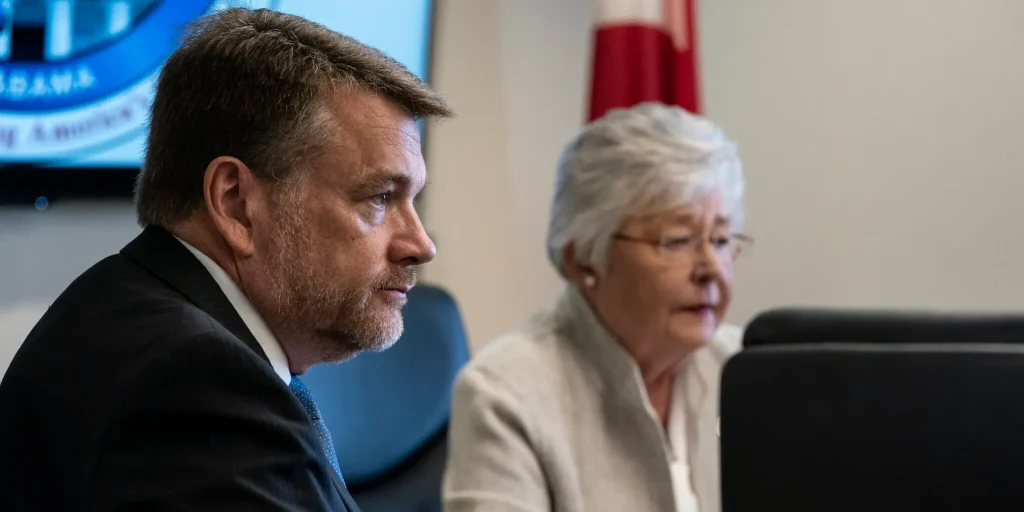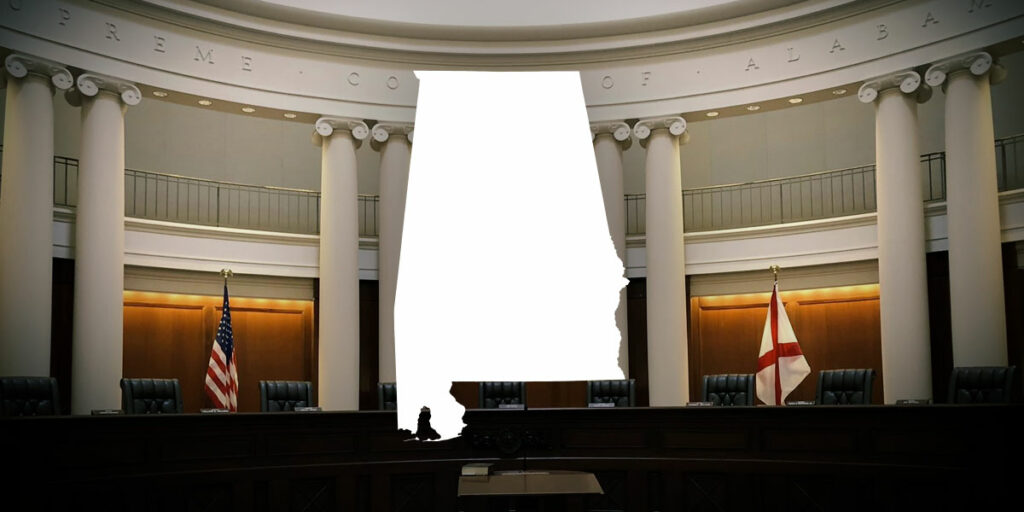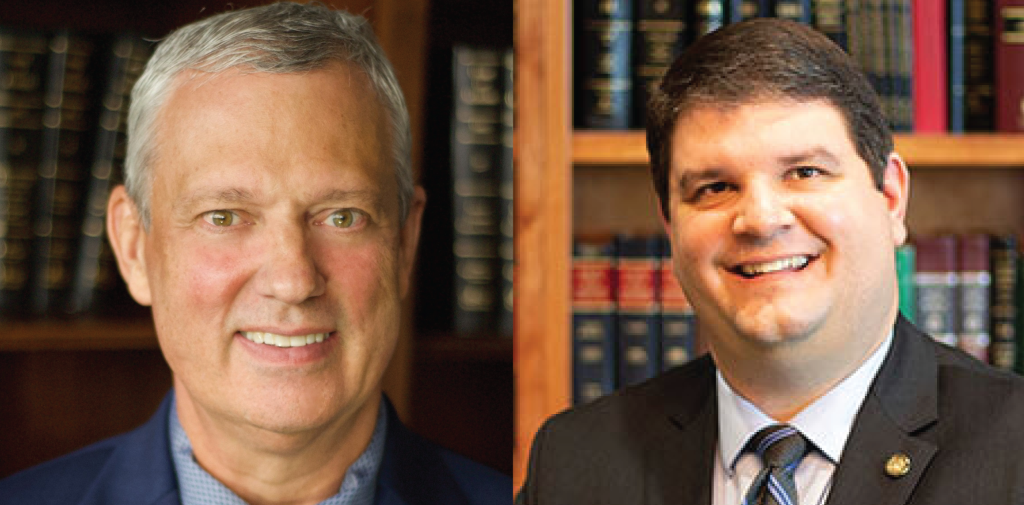The “Conversation About Ethics Reform” held Friday at Cumberland School of Law involved a respectful dialogue among four experts in the field of ethics law.
It also demonstrated the challenge which lies ahead for policymakers.
While generally agreeing on the areas of the law most in need of a rewrite, panelists at the event disagreed on solutions to fixing those problem areas.
Recent findings of the Code of Ethics Clarification and Reform Commission drove most of the discussion.
The event’s moderator John Carroll, a former acting director of the Alabama Ethics Commission and 14-year federal judge, called the commission’s work “a good basis” for the discussion.
“The commission’s report is an incredible contribution to this whole dialogue,” Carroll said. “It’s well-done and reflects very thoughtful consideration of many, many serious issues.”
Trying to understand and define exactly who is a principal consumed the largest part of the conversation.
Carroll mentioned that the commission engaged in a lengthy examination of what it means to be a principal.
“There was significant discussion about what this definition ought to be,” he noted. “It’s a very important issue because of all the legal ramifications of how you define ‘principal’. The interaction between someone designated a principal and public officials and public employees is significantly limited.”
Katherine Robertson, chief counsel to Alabama’s attorney general, served on the commission, and she estimated debate on the principal issue amounted to 60-percent of their work.
Under Alabama law, a principal is defined as “a person or business which employs, hires, or otherwise retains a lobbyist.”
That definition could end up at the center of former Speaker of the House Mike Hubbard’s appeal to the Alabama Supreme Court. In upholding 11 of the 12 criminal counts upon which Hubbard was convicted, the Court of Criminal Appeals wrote, “[W]e strongly encourage the legislature to consider amending the law to better circumscribe the class of persons defined as principals.”
According to Jefferson County Circuit Judge Joseph Boohaker, the definition needs to be changed.
“The definition is flawed,” he said. “It uses two terms, ‘a person or a business,’ which are not helpful in defining what a principal is.”
He said it is too difficult to determine which person within a business is considered a principal, if that business is a principal.
“How big of a group of employees are we talking about?” Boohaker asked.
Boohaker instead outlined what he thinks would be a good rule.
“The person who can hire, fire or direct the activities of a lobbyist would be the person within the entity that is the principal from whom you may not accept a thing of value,” he said.
Boohaker’s definition would place Alabama in a unique position because no other state extends the definition of a principal beyond the business or entity.
He favors Alabama being alone in that category.
“I think it would be something good,” he said.
Boohaker exerted some effort to explain why he believes there should remain some vagueness in the ethics law.
“The Alabama Ethics Act is a criminal statute, and one of the constitutional requirements is that a person of ordinary understanding should be able to read it and know what it is that’s prohibited and what is not prohibited,” he said.
According to him, though, some lack of clarity will help keep people in line.
“There is some value in the Ethics Act to leaving some of the lines a little bit fuzzy because then it creates a deterrent so that the public official is not really sure if this is legal or not,” Boohaker said. “Then they will err on the side of ‘well, I’m just not going to deal with it’ because it might not just be a civil penalty but it might be a crime. But that creates another problem because if you have fuzzy lines in criminal statutes, well, criminal statutes are not supposed to have fuzzy lines. There’s supposed to be some degree of certainty.”
Boohaker joked that he had found an old U.S. Supreme Court case which said that “fuzzy is ok.”
Matt McDonald, a partner at the Jones Walker law firm and whose practice includes ethics issues, disagreed with the need to maintain a lack of clarity in the law.
“We don’t have to fuzzy up the definition of a principal to regulate that kind of conduct,” McDonald said. “That conduct is already regulated under [another place in the law] which says you can’t give anything for the purpose of corruptly influencing an official action of a public official or public employee. A public official or a public employee cannot use their office for personal gain. So there are other statutory provisions that regulate that.”
McDonald pointed out that there are implications to this section of the law for people merely looking to serve their communities on the boards of non-profits or small colleges.
“We want people to be involved in their communities and be involved in non-profits and things like that,” he said. “So we don’t need to have this thing be so fuzzy that we’re going to deter people from being involved in their communities.”
Robertson detailed a proposal by the attorney general which she said could be more easily applied in “often fact-specific situations.”
“What we proposed did draw some pretty clear lines,” she added.
The chairman of the Alabama Ethics Commission, Jerry Fielding, hopes the Alabama legislature will emphasize “simplification and clarification.”
“We need the law, but we need some way to make it more clear and more simplified,” he concluded.
Tim Howe is an owner and editor of Yellowhammer News













